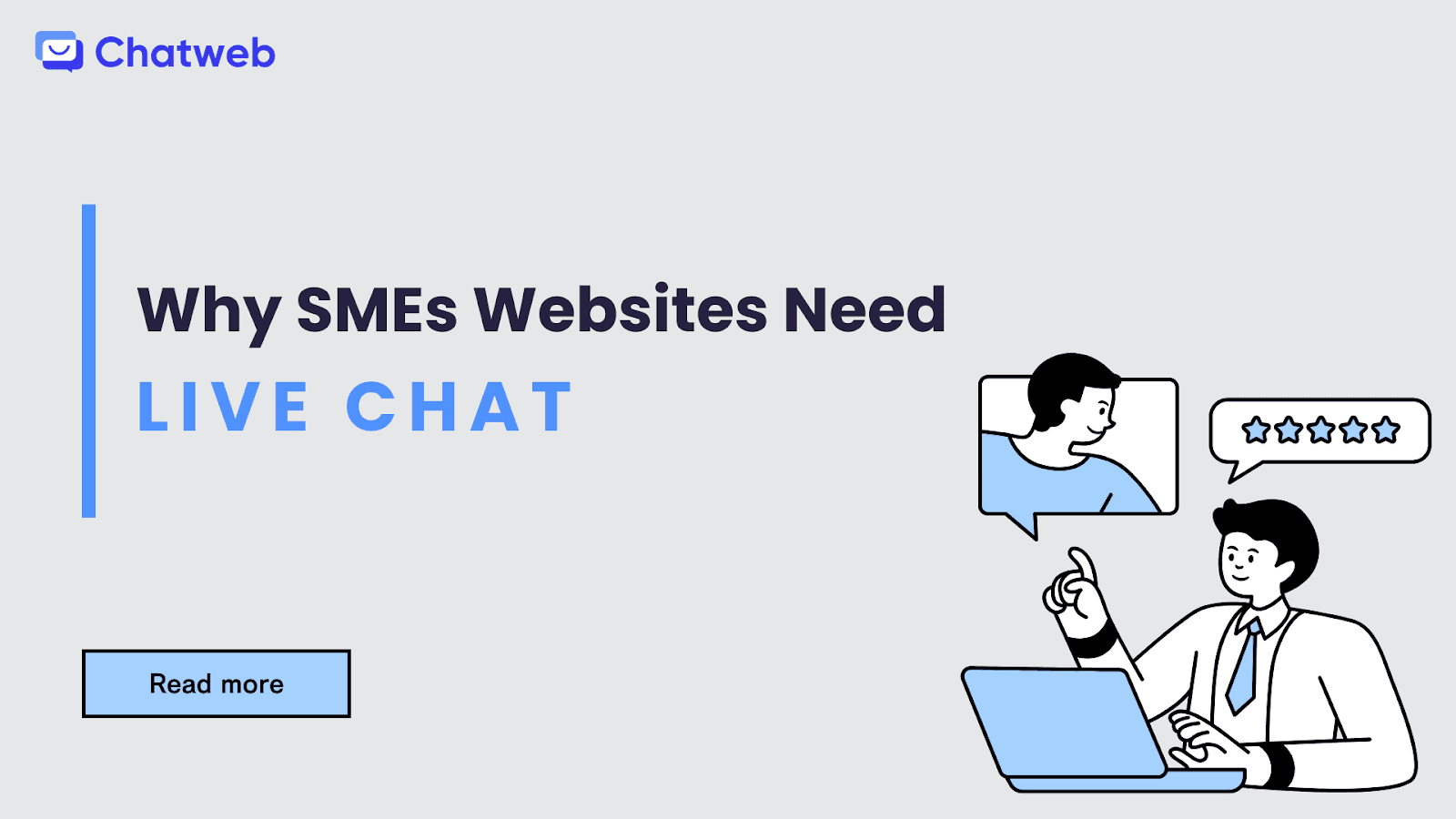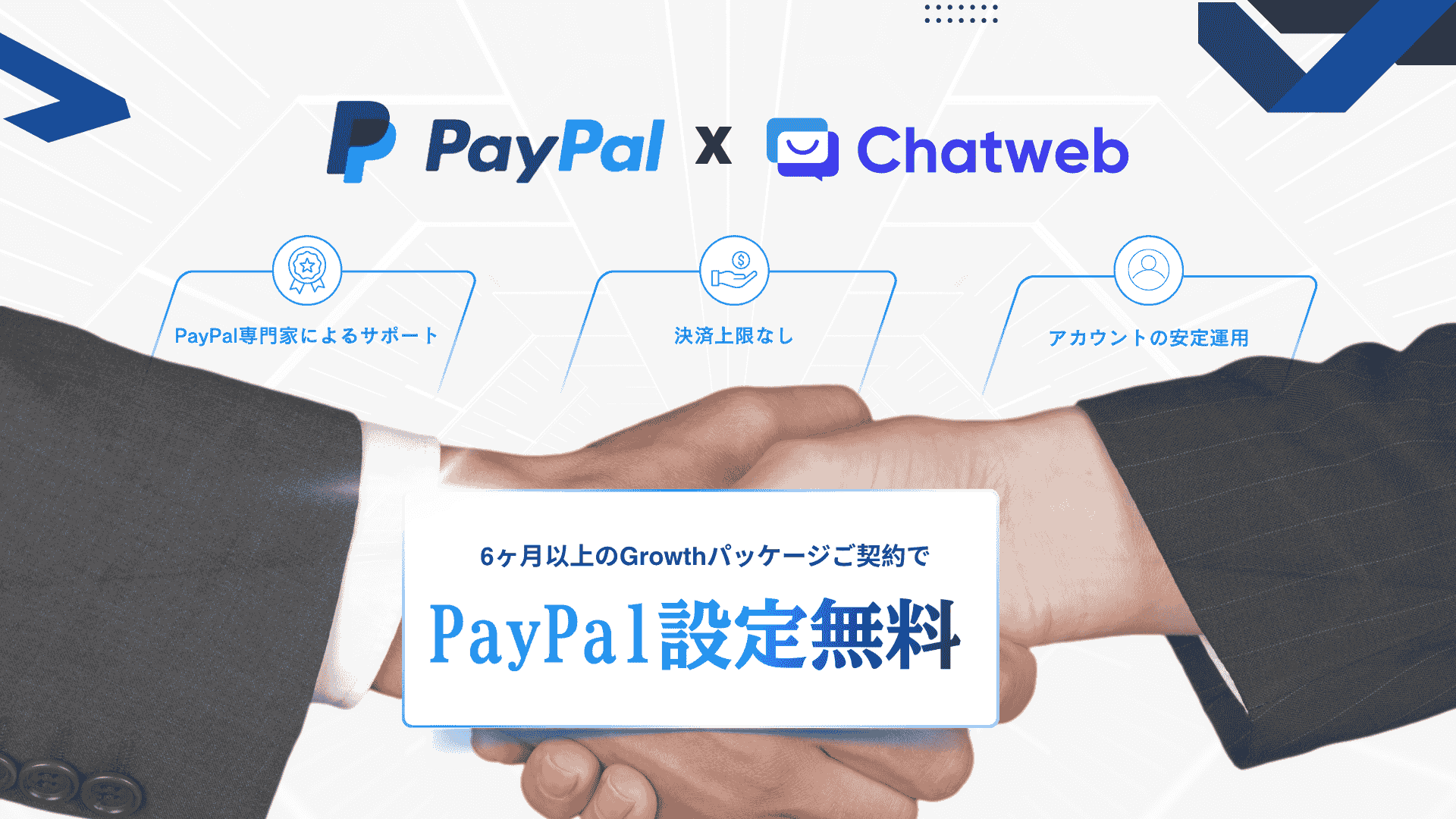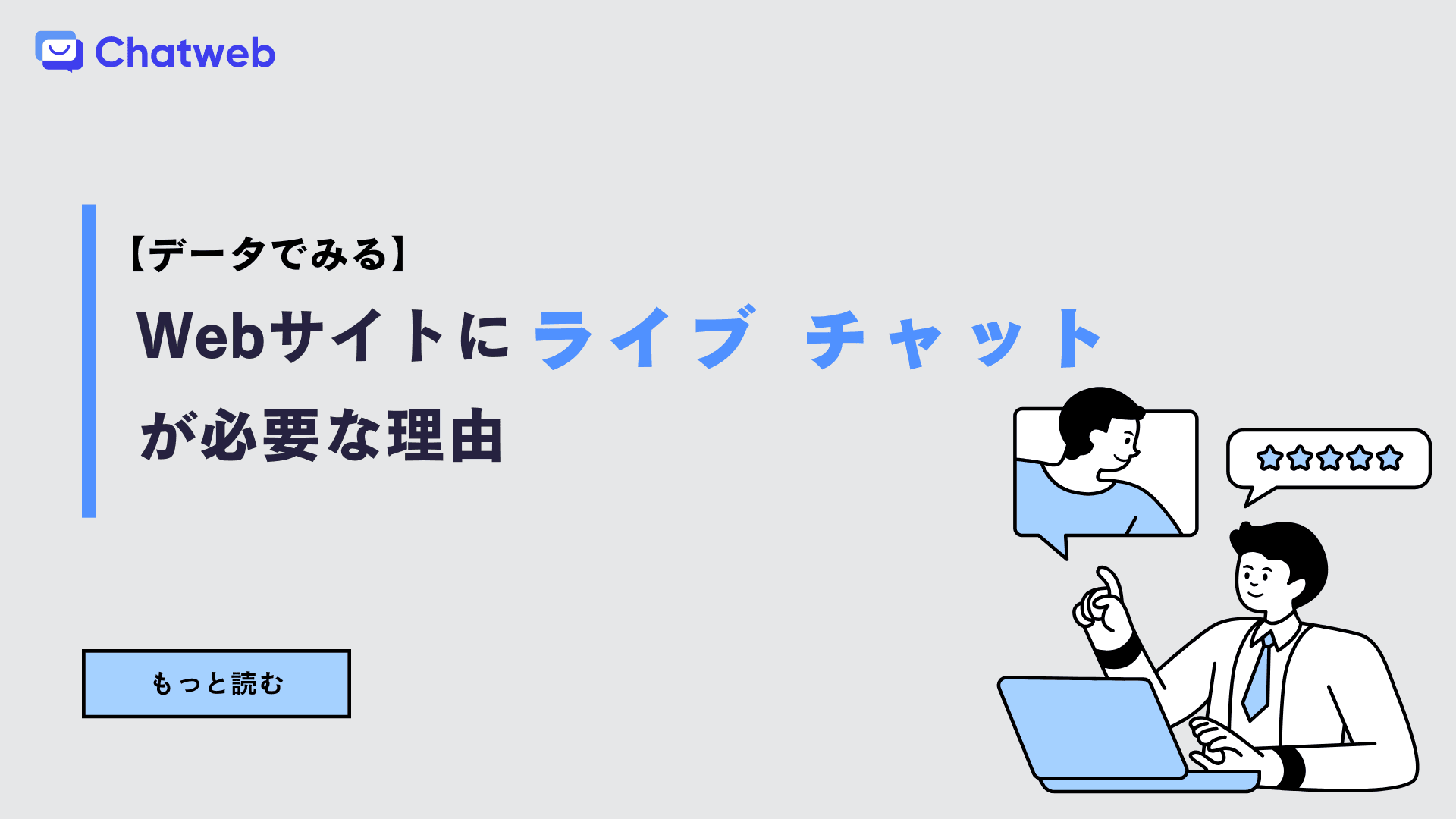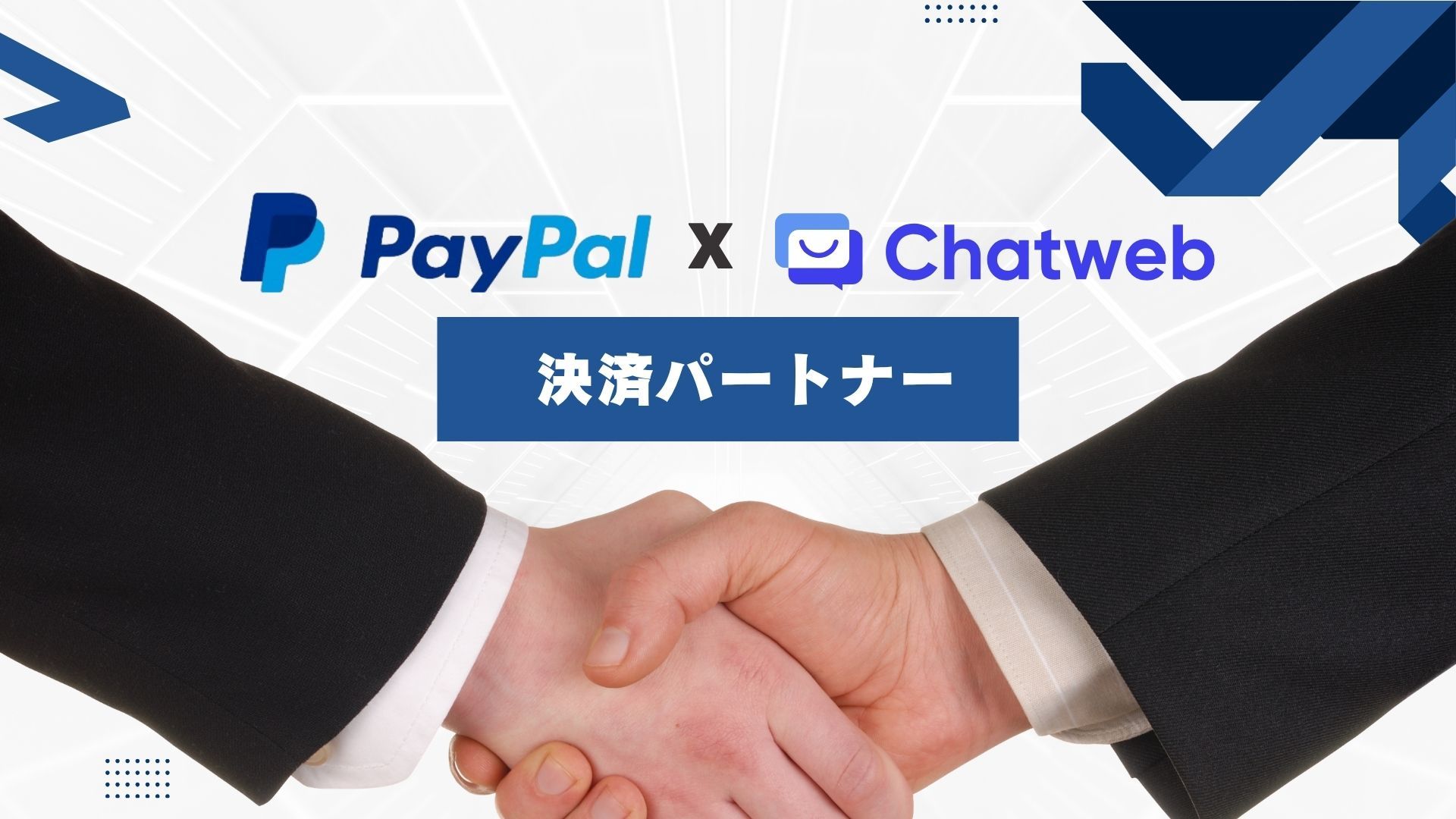For small and medium-sized enterprises (SMEs), a website is more than a digital business card—it is the frontline of customer engagement. Visitors arrive with questions, expectations, and purchasing intent. If they do not find answers quickly, they leave. In fact, 90% of customers want an immediate response from customer service.

For SMEs that often rely on limited traffic and targeted campaigns, every lost visitor is a lost revenue opportunity.
This is where live chat plays a transformative role. By embedding real-time interaction directly into the website, SMEs can reduce bounce rates, increase trust, and drive conversions.
1. Live Chat and Customer Behavior

Instant Support, Lower Abandonment
Modern customers expect immediacy. If a potential buyer has to wait for an email reply or navigate complicated contact forms, they simply leave. Live chat provides instant answers, reducing abandonment rates and keeping customers engaged long enough to make a decision.
Trust and Human Connection
SMEs often face the credibility gap compared to well-established brands. Live chat bridges this gap by offering a human touch in a digital space. 90% of consumers rate an “immediate” response as important when they have a customer service question, with 60% defining “immediate” as 10 minutes or less. (HubSpot). In markets where reputation matters, this human connection can make the difference between a lead and a lost opportunity.
A Cost-Efficient Solution
For SMEs, resources are tight. Live chat offers a scalable, cost-effective way to handle inquiries. By reducing operational costs while maintaining high-quality support, SMEs can reallocate budget to marketing or product development.
2. Business Growth Benefits of Live Chat

Turning Visitors into Leads
A visitor on a website is only valuable if they take action. Live chat helps capture leads at the exact moment of interest, offering support that can turn casual browsing into a purchase or consultation request. Unlike static forms, chat creates a sense of urgency and relevance.
Valuable Customer Insights
Every chat leaves behind a record of customer questions, pain points, and objections. For SMEs, these insights are a free source of market research. Analyzing chat logs allows businesses to refine product offerings, optimize marketing campaigns, and improve website copy to address real customer needs.
Competitive Advantage
SMEs are often competing against both larger corporations and agile startups. By offering faster, more personalized responses through live chat, SMEs can differentiate themselves in crowded markets. A fast reply can be more persuasive than a larger competitor’s slow, generic service.
Revenue Impact
The financial benefits are clear. Consider an SME e-commerce store attracting 10,000 visitors monthly. With a 2% conversion rate, that equals 200 customers. Adding live chat (with an average 20–30% uplift) increases conversions to 240–260 customers. At an average order value of $100, this means an extra $4,000–$6,000 in revenue every month. Over a year, live chat pays for itself many times over.
3. Future Outlook: AI-Enhanced Live Chat for SMEs

The next generation of live chat is not just reactive but proactive. Artificial intelligence and natural language processing now allow SMEs to provide 24/7 multilingual support, predictive suggestions, and automated answers for frequently asked questions. For SMEs looking to expand internationally, this means offering global-level service without global-level costs.
However, while AI enhances efficiency, the human element remains essential. The most successful SMEs combine automation for speed with human empathy for complex issues, ensuring customers feel supported rather than processed.
Conclusion: From Optional Add-On to Strategic Necessity
Live chat has evolved from a convenience feature to a strategic growth driver for SMEs. It helps retain customers, builds trust, reduces costs, generates leads, and directly increases revenue. In an era where immediacy defines customer expectations, SMEs without live chat risk losing business to competitors who engage faster and smarter.
For decision-makers, the question is no longer “Should we add live chat?” but “How fast can we implement it?”







